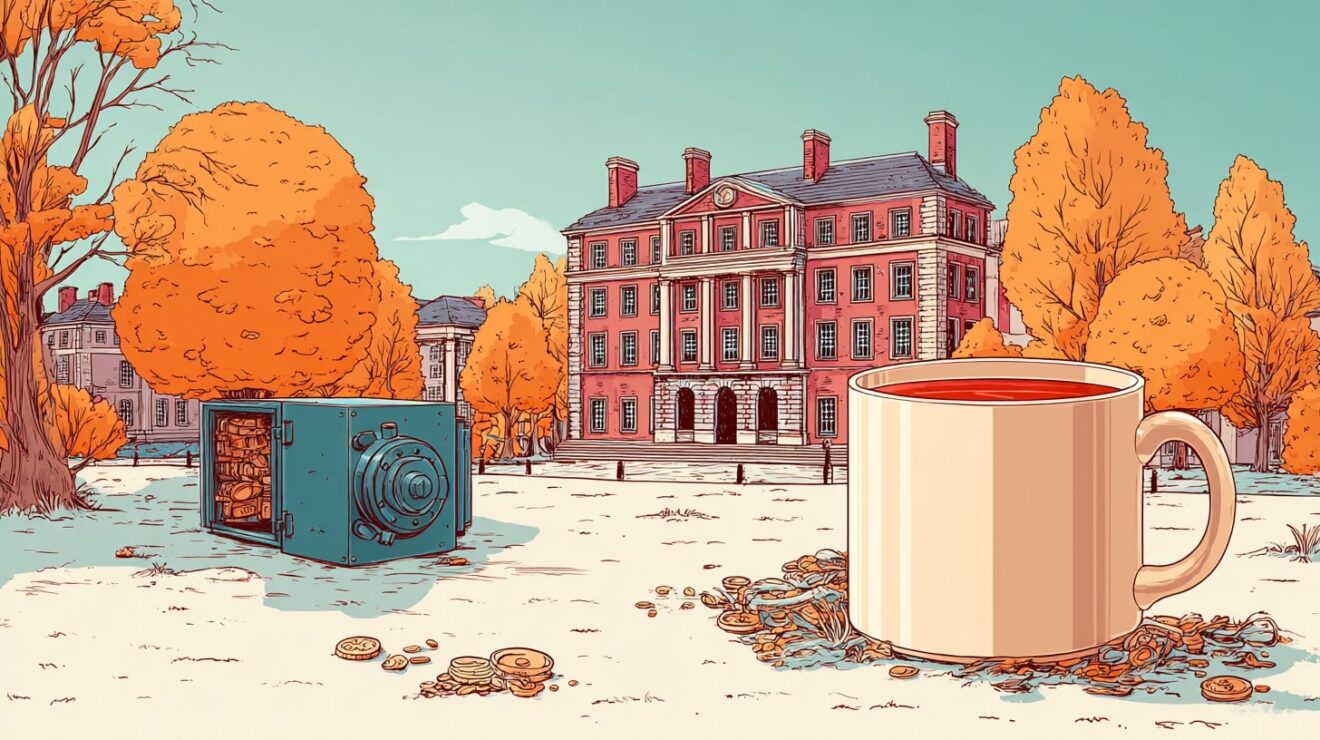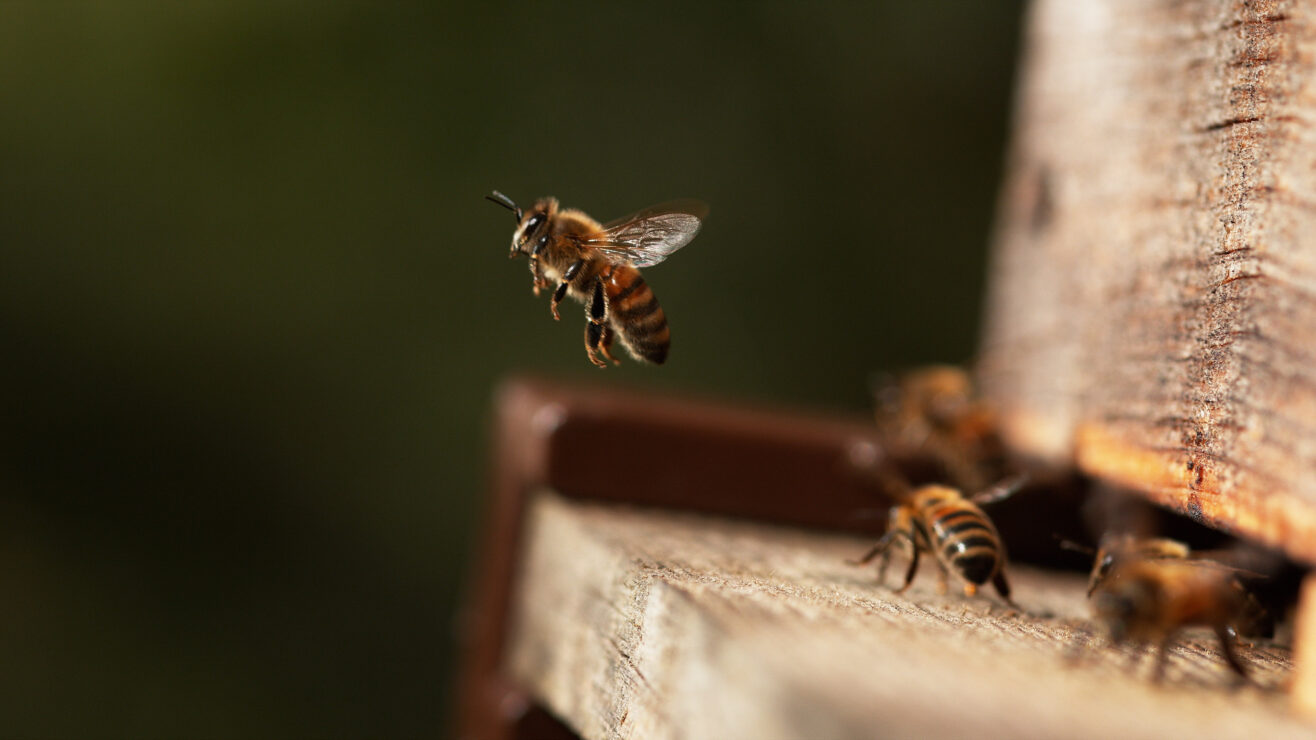On the same day that the government has released its white paper on industrial strategy, the British Academy has published its flagship report on skills in the arts, humanities and social sciences (AHSS). And the timing couldn’t be better.
The UK is facing significant challenges: our economy is aiming for inclusive growth; we are facing the prospect of greater engagement in bilateral relationships across the world; societies everywhere are ever more diverse; and the need for inclusive social policies is paramount.
Our crown jewel
But there is also cause for celebration: the creative industries are a national success story; design, marketing and human relations are critical to industrial and commercial success; our service sector is on the front-line of a data-rich world. In this environment, the skills that come from graduates of AHSS become ever more critical to the creation of the sort of society to which we would all like to belong.
Yet, at the same time, the benefits of degrees in AHSS are sometimes questioned. They are sometimes seen as ‘not relevant’, or not imbuing students with a set of tangible, ‘hard’ skills. This new report addresses these misconceptions by analysing, for the first time, the evidence about the skills that AHSS graduates gain, and how they use them in employment and in society.
The human element
It would be wrong to suggest that some of the skills gained by AHSS graduates are unique – for example strong analytic skills are a feature of graduates from many disciplines – but AHSS bring a specific and rather important element, the ‘human’, that is so necessary in today’s world. The many case studies that appear in the report – from international journalists and senior civil servants, to renowned photographers and successful entrepreneurs – show just how valuable AHSS graduates are across a wide spectrum of employment, not only as individuals but also as members of interdisciplinary teams.
Our report shows how studying AHSS creates well-rounded graduates who are prepared for the twenty-first century, and a working life where they will likely move between many careers. AHSS graduates are employed throughout the UK labour market; from financial services to education, from social work to the creative industries. Many of these graduates go on to do fantastic things too: a significant number become global political and business leaders; 58% of FTSE 100 Chief Executives have studied AHSS at some stage in their higher education, and 62% of candidates at the last general election had an AHSS background.
Some key sectors rely particularly heavily on AHSS graduates; 65% of successful candidates for the Civil Service Fast Stream in 2015 had an AHSS background. And the fast-growing cultural sector, particularly galleries, libraries and museums, employ many AHSS graduates trained as curators, arts organisers, museum professionals and cultural managers.
But equally important are the societal benefits, though these are more difficult to measure in terms of GDP and productivity. Many AHSS graduates choose to go into sectors which underpin society’s cohesiveness, such as social work, local government, the voluntary sector and teaching; they become the researchers that produce world-leading AHSS research which illuminates human and social behaviour; they are active and engaged citizens, contributing to policy-making and public debate; they become responsible media professionals; and they contribute to arts and culture which in turn foster the wellbeing of the wider population.
Mind the gaps
But it would be wrong to say that there are no gaps. For example, the UK needs more people with language skills, particularly those gained alongside an understanding of society and culture. Furthermore, surely everyone should be able to interpret and manipulate numbers? As a nation, we need a debate about the entrepreneurial and intrapreneurial skills that every AHSS graduate should have.
Notwithstanding these gaps, there is an awful lot to celebrate in this report. Sometimes we underplay the breadth and diversity of our teaching and the dedication, commitment and brilliance of our students. I hope this report helps to address this by laying the foundations for the British Academy’s work in this area for years to come. I also hope it adds to the national debate about what education is for and how it can help us to both shape the future and navigate the choppy waters ahead.
The report is available alongside a portfolio of supporting evidence on the British Academy website.












Hi, I am Marco. I did my PhD in analysing the current state of higher education in fine art in the UK and Germany. My study (“The difficulty of practising fine artists in making a living: Why arts entrepreneurship education is important”; available on Amazon for free) shows clear evidence that artists who want to aim a living need the development of an entrepreneurial mindset as well as of seven skills alongside art-related skills. In addition, my research on arts education shows evidence that fine art graduates are hardly equipped with this skillset and mindset due to HEIs’ lack of… Read more »
and 62% of candidates at the last general election had an AHSS background.
… I don’t think that is a good thing, we need more engineers and scientists in politics and less PPE types!
Are bridges, buildings and literal solid structures constructed in Parliament that we need more Engineers and Scientists there? Politics is for a group of persons who can accommodate diversity, have an open mind that views things from all facets rather than for those who are given to strict formulae and workings that do not pan out in real life. Leave the Scientists and Engineers to their calculations, algorithms and things and let the AHSS graduates figure out the real issues of life in the political sphere.